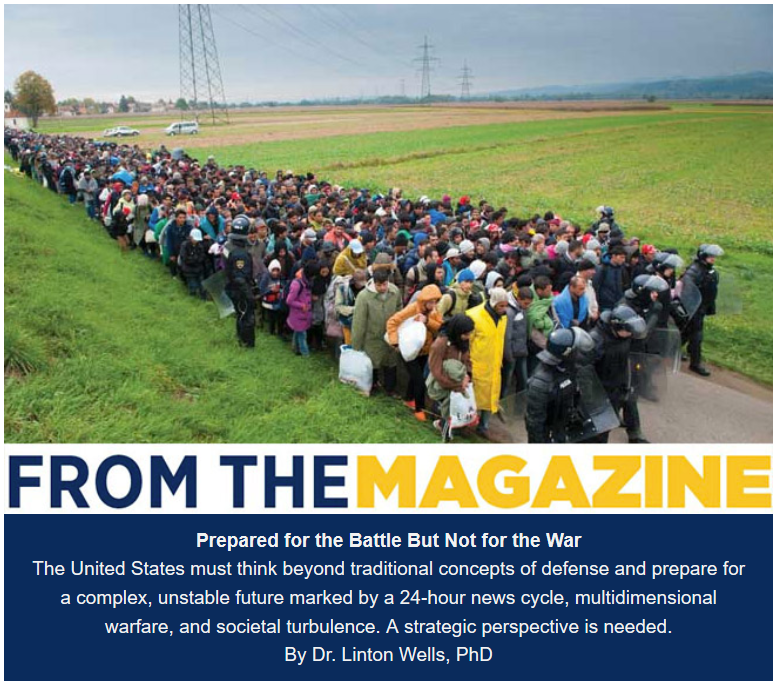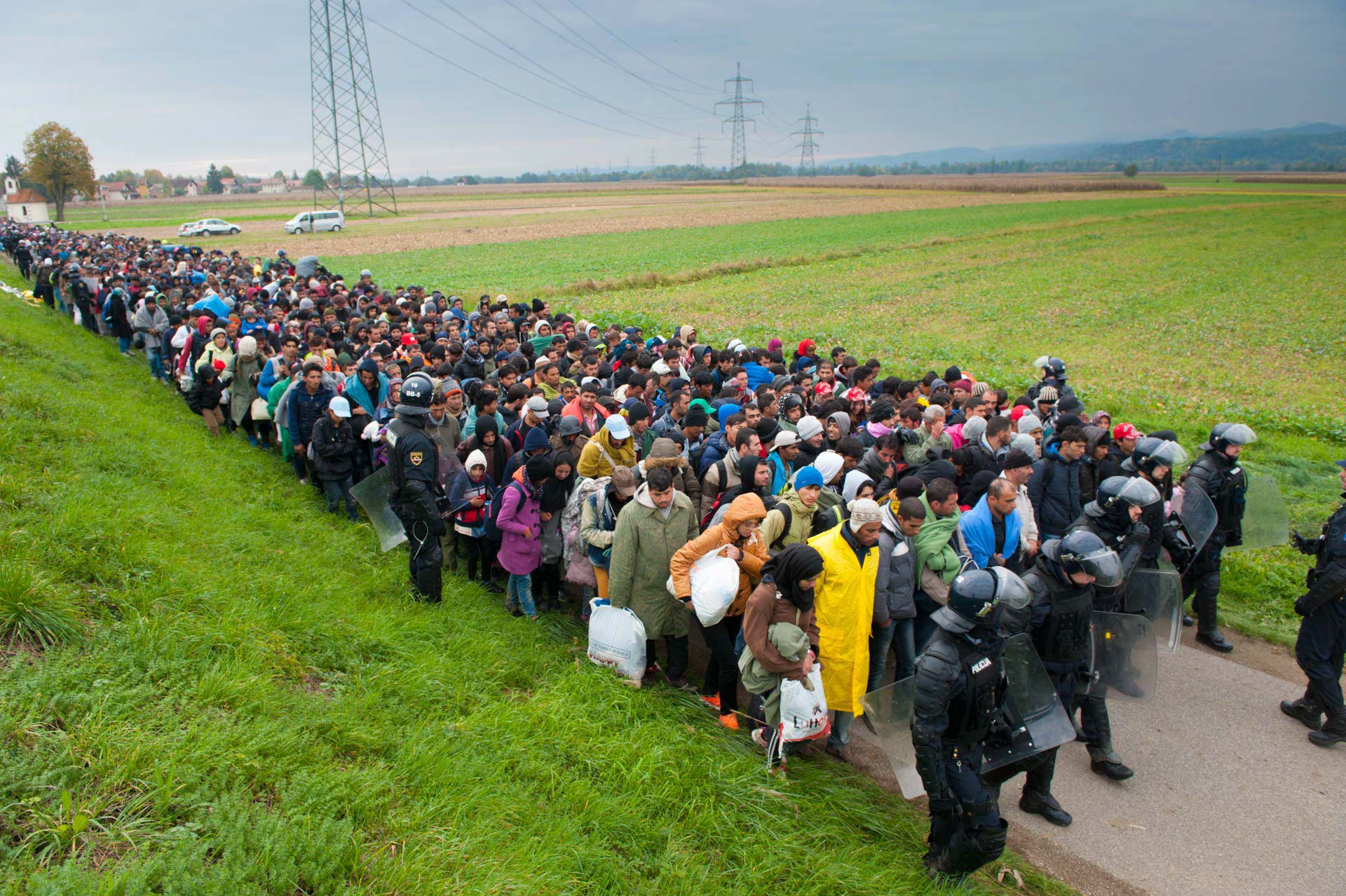Dad was a LTJG Navy veteran, long-standing member of the Glow-In-The-Dark Society for his participation in Operation Ivy. He passed away a few years ago. He had a membership with USNI (United States Naval Institute) and I prepaid on his behalf, mainly for it’s monthly publication entitled PROCEEDINGS that Dad enjoyed receiving, even though it was apparent that he couldn’t read it in his later years.
PROCEEDINGS is a tough ride for anyone not familiar with military acronyms and jargon, but some of it is fascinating. The articles are unclassified, so if you want to find out what’s really going on, you need to realize that we’re years beyond what is allowed to be published. Some of the uncensored OpEds are excellent.
Because my deceased father’s account is still active, being prepaid and all, I get notifications from USNI of upcoming highlights via email, like this one:

This is an unusual image posted by USNI and it doesn’t have a lot to do with the essay by Dr. Linton Wells, PhD, entitled “Prepared for the Battle But Not for the War.” Or maybe it does. What bothers me is the image posted by USNI is not of U.S. Soldiers. An image search results in this:
“Rigonce, Slovania: Migrants mainly Syrians arriving from Croatia are escorted by Slovanian police.“
http://www.marcovacca.com/features/295/the–balkan-route-towards–eu

Okay. But when you download the image you get an entirely different .jpg title: “REF Hungary-Serbia.”
So, according to USNI, the countries involved are probably Croatia, Hungary, Serbia, Syria and Slovania, but not the United States.
What ever happened to the concept of honesty?






